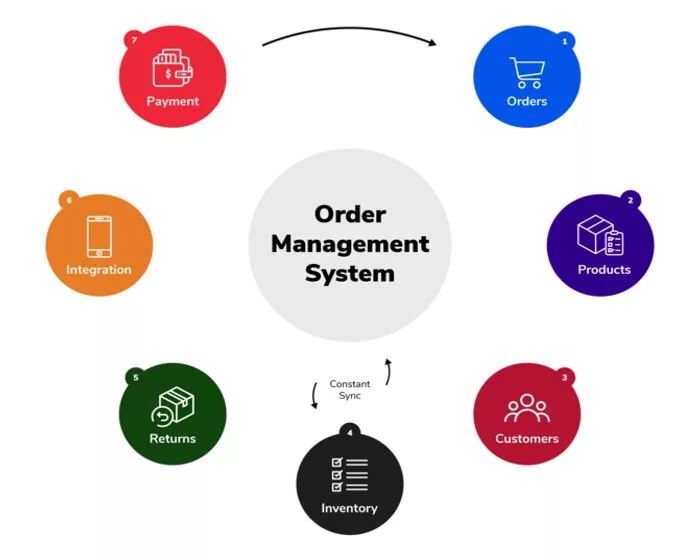Stay Ahead with Advanced eCommerce Order Management Solutions

Efficient order management plays a pivotal role in determining the success of any ecommerce business. The process of handling, processing, and fulfilling customer orders is a critical aspect of online retail ventures. In this article, we will explore the significance of ecommerce order management, its functionalities, key features, challenges, and the transformative benefits of adopting […]
